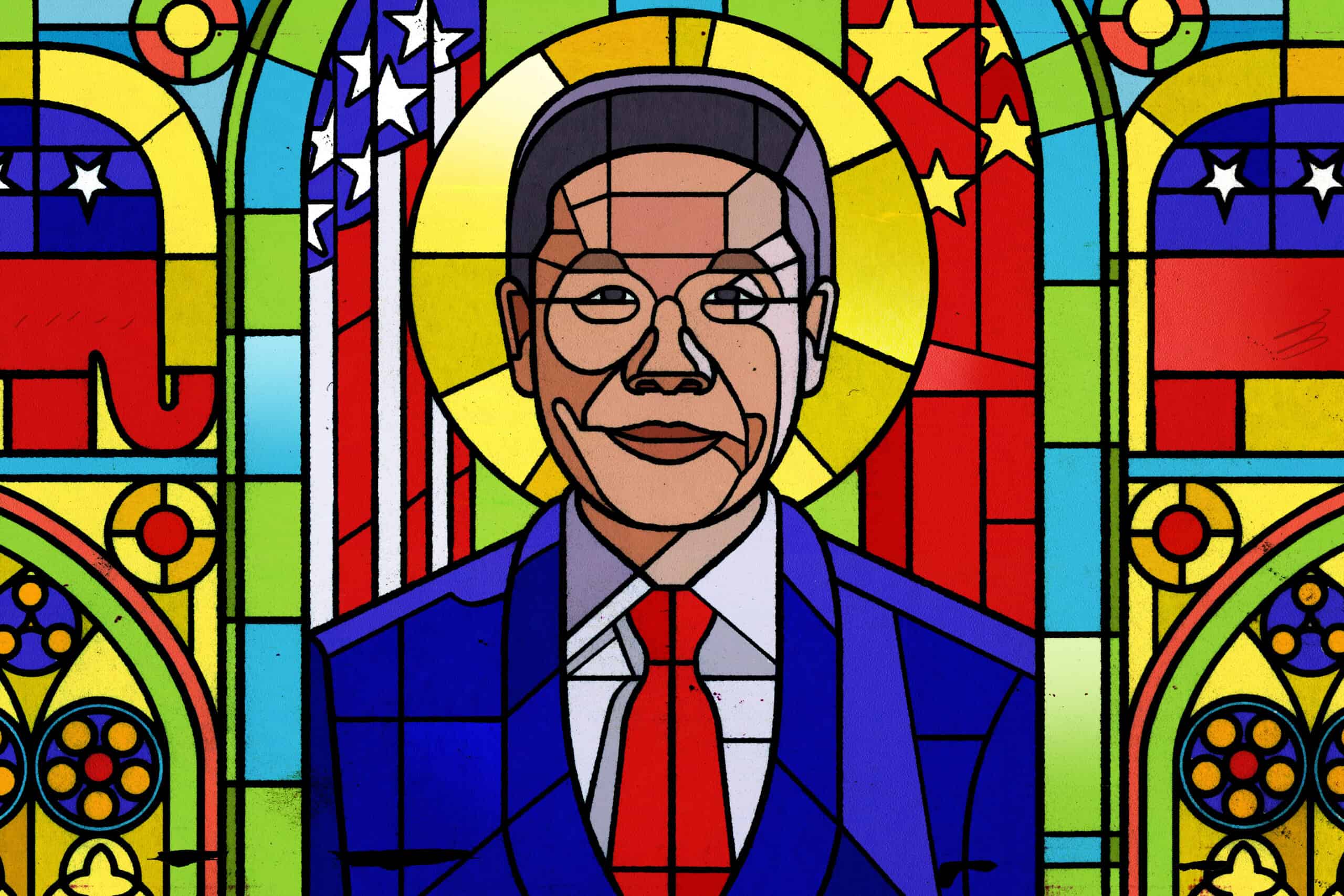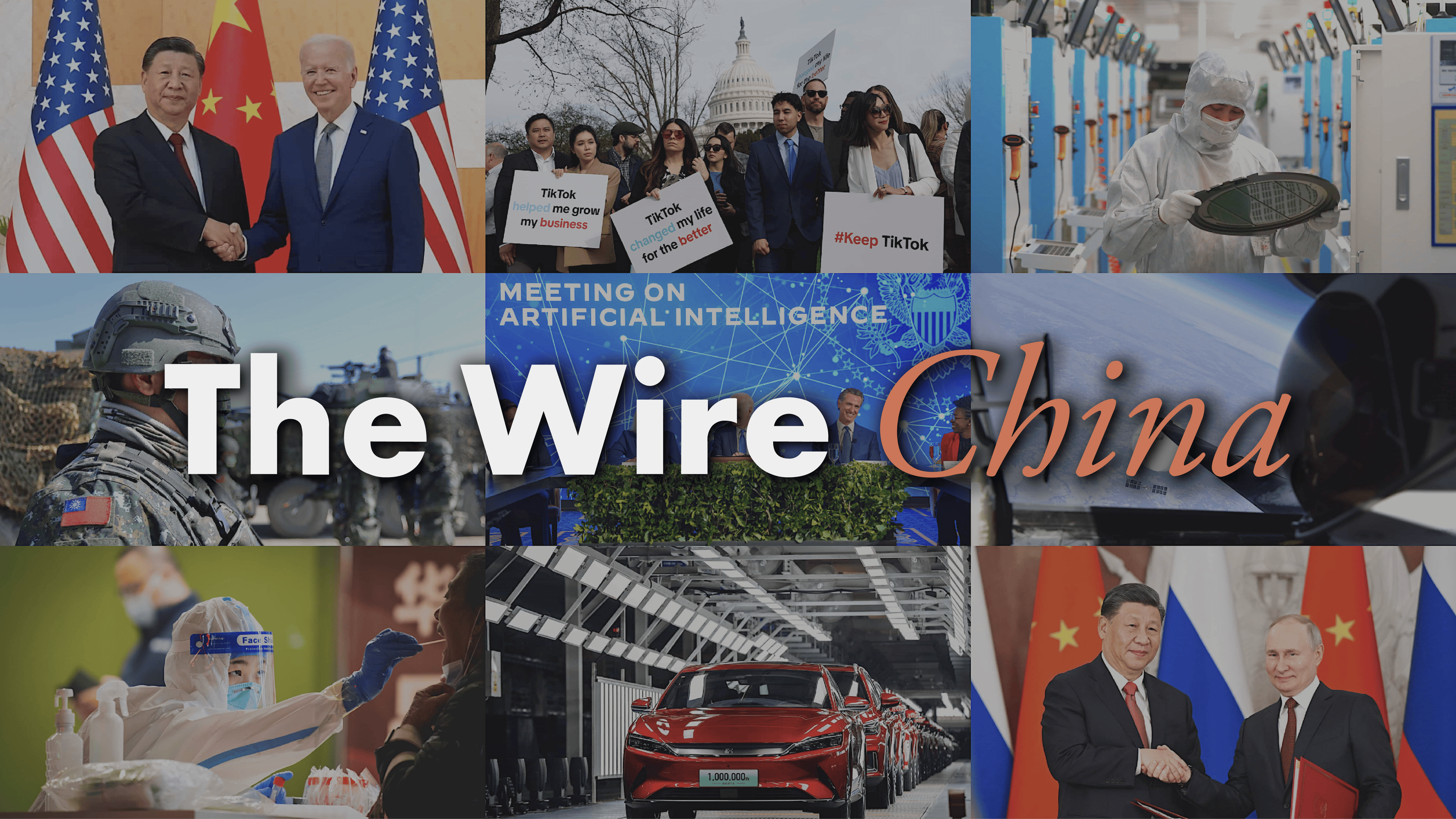Peter Martin is a political reporter for Bloomberg News, who has written extensively on escalating tensions in the U.S.-China relationship and reported from China’s border with North Korea and its far-western region of Xinjiang. Martin studied at Oxford University, Peking University and the London School of Economics, and worked for APCO Worldwide before joining Bloomberg News as a Beijing correspondent in 2017. He is now a defense policy and intelligence reporter for Bloomberg based in W
LISTEN NOW
Face-Off: U.S. vs. China
A podcast about how the two nations,
once friends, are now foes.



